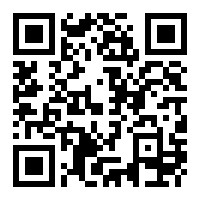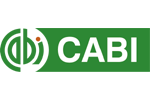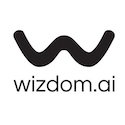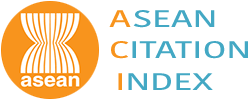Sampel Susu Formula dan Praktik Pemberian Air Susu Ibu Eksklusif
Abstract
Cakupan pemberian air susu ibu (ASI) eksklusif di Kota Pagar Alam, tahun 2011 sekitar 43% tergolong rendah. Sebaliknya, pemberian susu formula meningkat tiga kali lipat dari 10,3% menjadi 32,5%. Iklan susu formula telah menyentuh bidan swasta dan puskesmas melalui pendekatan produsen susu formula dan pemberian susu formula secara gratis kepada ibu menyusui. Penelitian yang bertujuan mengetahui determinan kegagalan praktik pemberiaan ASI eksklusif di Kota Pagar Alam Provinsi Sumatera Selatan ini menggunakan desain studi unmatching kasus kontrol. Populasi adalah seluruh ibu yang mempunyai bayi berusia 7 _ 12 bulan. Penarikan sampel dilakukan dengan metode proportional random sampling. Variabel terikat praktik adalah pemberian ASI eksklusif, variabel bebas adalah pemberian sampel susu formula. Ibu yang mendapat sampel susu formula dan yang tidak mendapat dukungan tenaga kesehatan berisiko 3,67 dan 4,2 kali lebih besar untuk tidak memberikan ASI eksklusif.The coverage of exclusive breastfeeding in the City of Pagar Alam in 2011 was by 43%. Advertising of infant formula has reached privately practicing midwives or health centers. The approach from infant formula manufacturers to midwives in health centers is by providing free milk formula to nursing mothers to be distributed under the pretext of promotion. The objective of this study is to analyze the determinants of exclusive breastfeeding practice failures in the City of Pagar Alam of South Sumatra Province. The population study with an unmatched case-control design was conducted in the City of Pagar Alam. The population was all breastfeeding mothers who had babies in the city of Pagar Alam of South Sumatra Province. The research subjects are breastfeeding mothers who had babies aged 7 - 12 months who selected with proportional random sampling method. The variables of the study included the dependent variable, i.e, the practice of exclusive breastfeeding, the independent variable, i.e, promotion of free milk formula samples. The risk of not exclusively breast feeding amang mothers who had accepted formula milk samples and who absence of support posed by health workers is 3.67 and 4.20 times higher the mothers who had not accepted the formula milk sample and who absence of support posed by heath worker.
Keywords
ASI eksklusif; dukungan tenaga kesehatan; susu formula; exclusive breastfeeding; health worker support; formula milk
Full Text:
PDFDOI: http://dx.doi.org/10.21109/kesmas.v7i12.329
Refbacks
- There are currently no refbacks.































